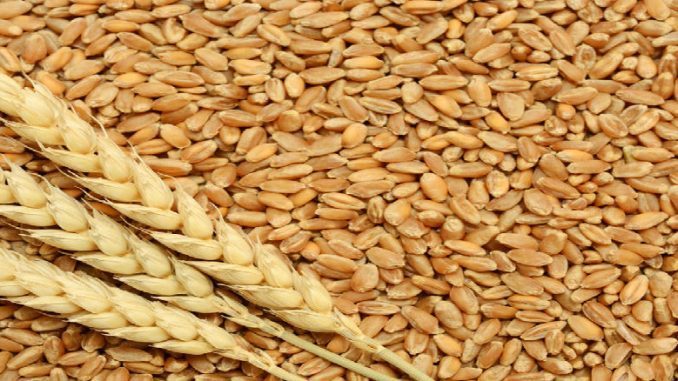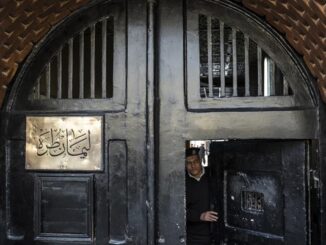
Egypt could receive more than $600 million from the World Bank and the European Union to help it deal with growing food insecurity
Egypt stands to access more than $600 million from the World Bank and the European Union to improve its wheat silo system and support government wheat purchases as it struggles with the fallout from Russia’s invasion of Ukraine.
If approved by its board, the World Bank will provide almost $400 million to help Egypt import wheat for its bread subsidy program, while the remainder would be for improving wheat storage capacity, improving climate resilience, and a number of related initiatives.
Under a food security program pending approval by the World Bank board, Egypt would receive $380 million to help its state grains buyer import up to 700,000 tons of wheat for its bread subsidy program, a World Bank document showed.
An additional $117.5 million would be allocated for increasing silo capacity, financing development of high-yield wheat varieties and improving climate resilience.
Separately, the European Commission has mobilised 75 million euros ($80.24 million) for the expansion of Egypt’s wheat storage capacity, and 25 million euros ($26.75 million) for small and medium enterprises in the agriculture sector, EU Commissioner for Neighbourhood and Enlargement Olivér Várhelyi said late on Wednesday, following a visit to Cairo.
That funding is part of a previously announced 225 million ($240.71 million) euro food security support package to Middle Eastern and North African nations impacted by Russia’s invasion of Ukraine.
In a sign of continuing concerns over food scarcity, authorities are imposing increasing penalties against farmers who fail to supply the required amount of wheat to the state even as the government works to import more from abroad.
In addition to its wheat struggles, Egypt’s private sector activity contracted for the 18th consecutive month in May, while net foreign reserves continue to drop. An MP also called on the government to halt expected electricity price hikes, warning that “the street is boiling” over increasing prices.
The war in Ukraine has left Egypt, which provides steeply subsidized bread to more than 70 million people, facing sharply higher import costs. Russia and Ukraine have been the main suppliers of wheat to Egypt, one of the world’s largest importers.
Last week, Egypt’s supply ministry said the Saudi Arabia-based International Islamic Trade Finance Corporation (ITFC) had doubled its credit limit to Egypt to $6 billion to help it import wheat.
Considering the economic headwinds and the state’s increasingly unsustainable debt load, several lawmakers and commentators have pushed for an end to the state’s hugely expensive megaprojects.
The government has sought to defend the projects in recent days, though, with Prime Minister Mostafa Madbouly claiming that they have created five million jobs and Minister of Finance Mohamed Maait adding that stopping them would result in layoffs and a major social crisis.



